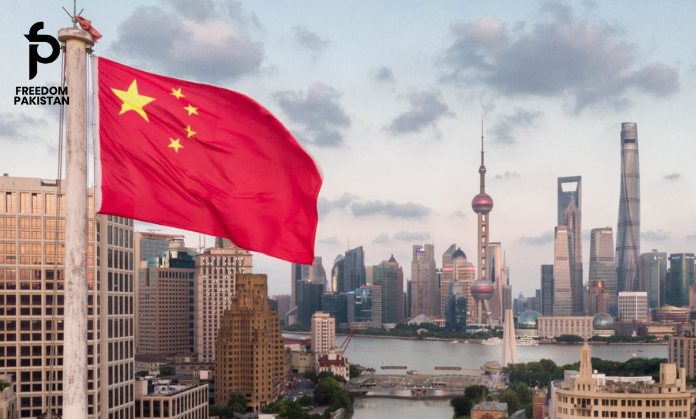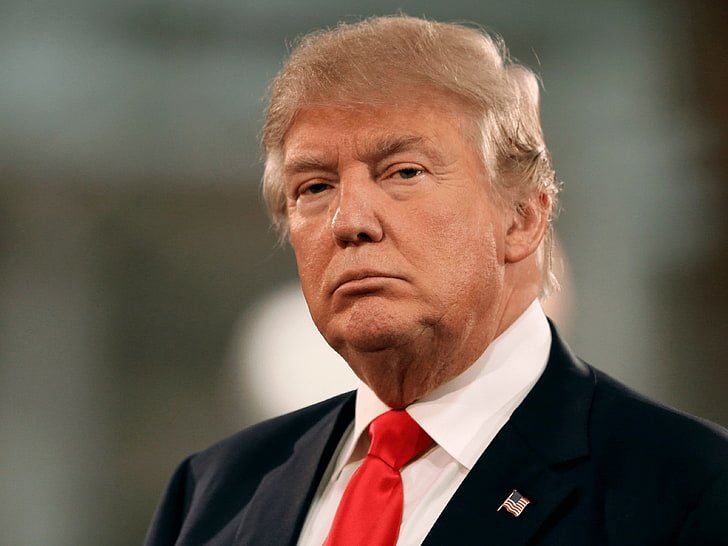Introduction
In recent weeks, escalating tensions between Iran and Israel have drawn global attention, with growing fears of a broader Middle East conflict. Amid mounting pressure from Western and regional powers, China has emerged as a prominent voice calling for what it terms a “genuine cease‑fire”. Diverging from its historical economic-led approach, Beijing has signaled its intent to play a more assertive diplomatic role—supporting Iran’s demand for a durable halt to hostilities. This marks a significant evolution in China–Iran relations and may signal a shift in global peacemaking dynamics.
The Current Iran–Israel Conflict: Context and Urgency
-
Escalation of hostilities: Recent missile strikes and air raids have resulted in hundreds of casualties on both sides. Israel reports eliminating many Iranian missile launchers, while Iran has retaliated with strikes that hit Israeli cities and critical infrastructure.
-
Humanitarian fallout: Beyond military targets, the violence has affected civilians, hospitals, and critical services—adding urgency to any call for cease‑fire .
-
International alarm: The U.S., EU, Russia, and China have voiced concerns about broader regional spill over and emphasized de‑escalation .
China’s Call for a “Genuine Cease‑fire”
-
Xi Jinping’s appeal: On June 19, President Xi urged both sides—particularly Israel—to cease fire promptly to avert further regional destabilization.
-
Foreign ministry statements: Spokespeople like Lin Jian and Mao Ning have condemned unilateral force and pressed for political solutions, underscoring that military means are counter‑productive.
-
Coordinated stance with Russia: In a phone call with Putin, Xi emphasized adherence to UN principles and advocated diplomatic resolution rather than force.
-
Practical support: Country has evacuated thousands of its citizens from Iran and Israel, using the crisis as a platform for urging a cease‑fire.
Why China Backs Iran’s Cease‑fire Push
-
Strategic energy needs: Iran supplies a large share of China’s oil imports. Instability risks global energy markets and impacts Beijing’s economic interests.
-
Growing bilateral ties: Since 2021, a 25‑year China–Iran Cooperation Program has deepened economic and strategic ties, promoting mutual interests in stability and development.
-
Global diplomacy aspirations: Beijing sees itself as a rising mediator—complementing its role brokering the Iran–Saudi rapprochement—and aims to enhance its diplomatic profile.
Implications for Regional and Global Politics
-
Iran’s enhanced diplomatic leverage: Beijing’s support gives Tehran greater credibility in pushing for a cease‑fire, making it harder for opposing powers to dismiss diplomatic solutions.
-
U.S. and Western responses: Washington and European capitals have been cautious; some push military backstops, while others echo Beijing’s call for restraint .
-
New alignment contours: Beijing–Mosco collaboration on the Iran issue signals a strategic balancing posture against traditional Western influence.
-
UN and humanitarian diplomacy: Beijing’s calls echo UN principles, reinforcing global pressure for humanitarian pauses. China has also urged safe evacuations and aid corridors.
Analysis of China’s Diplomatic Playbook
-
Rhetoric vs reality: Beijing frames its involvement under non‑interference; however, its vocal advocacy signals increasing foreign policy confidence.
-
Track record in peace deals: Beyond the Iran–Saudi deal, China has proposed placating ideas for Gaza cease‑fires at forums like BRICS, albeit with mixed reception.
-
Economic diplomacy: Leveraging trade, infrastructure, and energy ties, China combines soft power with diplomatic nudging. The 25‑year pact underpins its credibility.
-
Risk of inconsistency: Critics argue China’s close ties to Iran compromise its impartiality, challenging its peacemaker ambitions.
Prospects for a Genuine Cease‑fire
-
What “genuine” means: Beyond a temporary halt, it demands inclusive diplomatic negotiations, withdrawal from contested zones, humanitarian access, and international monitoring.
-
China’s potential next steps: Possibilities include Beijing hosting talks, deploying envoys, or coordinating with Russia and the UN for third‑party mediation.
-
Barriers ahead: Israel’s security concerns over Iran’s capabilities, Iran’s own regional posture, and domestic pressures in both nations complicate resolution.
-
Scenarios for resolution:
-
Short‑term tactical pause—limited halt aligned with humanitarian aid.
-
Medium‑term political cease‑fire—backed by international frameworks.
-
Long‑term comprehensive settlement—addressing nuclear oversight and regional security architecture.
-
Conclusion
China’s call for a “genuine cease‑fire” in support of Iran marks a strategic inflection in Beijing’s global diplomacy. Anchored by economic and strategic commitments, and echoed in diplomatic orchestration with Russia, China’s stance elevates Tehran’s calls for peace. Yet delivering such a cease‑fire requires navigating deep mistrust, mutual grievances, and entrenched positions. Whether Beijing steps up as mediator or reverts to observer will shape not only the outcome of this crisis but also its broader role in international conflict resolution.




